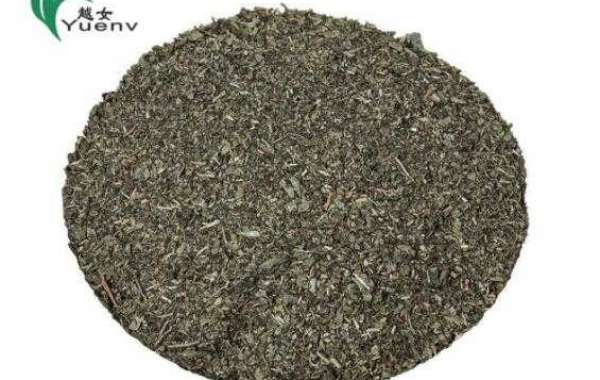The sour taste when drinking tea is always easy to associate with "this tea is of poor quality".
When describing a tea that is delicious, we often use words such as sweet, fragrant, refreshing, and mellow. The overly obvious sourness is not a quality feature that a good tea should have, but will bring an unpleasant drinking experience.
There are many types of China Green Tea. Which teas are more prone to sourness during the drinking process? Can the sour tea still drink?
Why does tea become sour and what causes it?
From an objective point of view, the sourness in tea soup mainly comes from organic acids in the contents of tea.
Due to different raw materials and production processes, although the traditional six major teas and Pu'er tea have different quality characteristics, the presence of organic acids makes each tea have a certain sour taste. The difference lies in whether it can be felt.
Under normal circumstances, fermented teas, such as black tea, oolong tea, Pu'er tea, etc., are more prone to sour taste during the drinking process due to process, storage, or brewing.
The fermentation process of tea has always produced acids.
As early as the middle of the 19th century, European and American tea experts discovered tannins (catechins) in rock tea, and isolated "wuyi acid" from it. It was later confirmed that Wuyi acid is composed of gallic acid, oxalic acid, tannin and quercetin yellow. A mixture of substances and other substances.
The excessive sourness in rock tea will affect its drinking value, but it is not harmful to the human body.
The black tea material is relatively delicate. During the fermentation process, if it accumulates too densely or is over-fermented, it will also easily become sour. If it is improperly preserved and damp, or the temperature of the brewing water is too high, it will also have an obvious sour taste.
Why does tea become sour and what causes it?
Pu'er tea can be divided into raw and ripe. The improper fermentation process of newly-made ripe tea such as Odui leads to excessively high organic acid content in the tea, and the tea soup will have obvious sour taste;
In the later transformation of raw tea, if the temperature and humidity are too high, the tea is more likely to form a pungent sour taste.
What is the relationship between organic acid and tea quality?
The organic acids in tea not only affect the taste of tea soup, but also have an important impact on the aroma and body fluid performance of tea.
The body fluid is closely related to the quality of tea. If there is no sour substance in the tea soup, it is difficult to produce body fluid when drinking tea.
In addition, ripe Pu'er tea, or old tea stored for a certain year, has a mixed aroma. The more common fruit aromas, plum aromas, jujube aromas, etc., are all related to organic acids.
Sour tea does not necessarily mean bad quality. A moderate amount of organic acids can make the aroma and taste richer.
Can the sour tea still drink?
Why does tea become sour and what causes it?
Organic acids are easily oxidized and decomposed. Therefore, if there is a slight sour taste, put the tea leaves in a clean place and wake up for a few days to reduce the acidity in the tea soup.
If it is made or the storage environment of high temperature and high humidity causes the tea soup to have a strong sour taste and the original aroma and taste of the tea are completely masked, it is not recommended to continue drinking such tea.
Just as tea soup is bitter and sweet, it is not surprising that some Gunpowder Tea with higher organic acid content tastes slightly sour.
Search
Popular Posts







